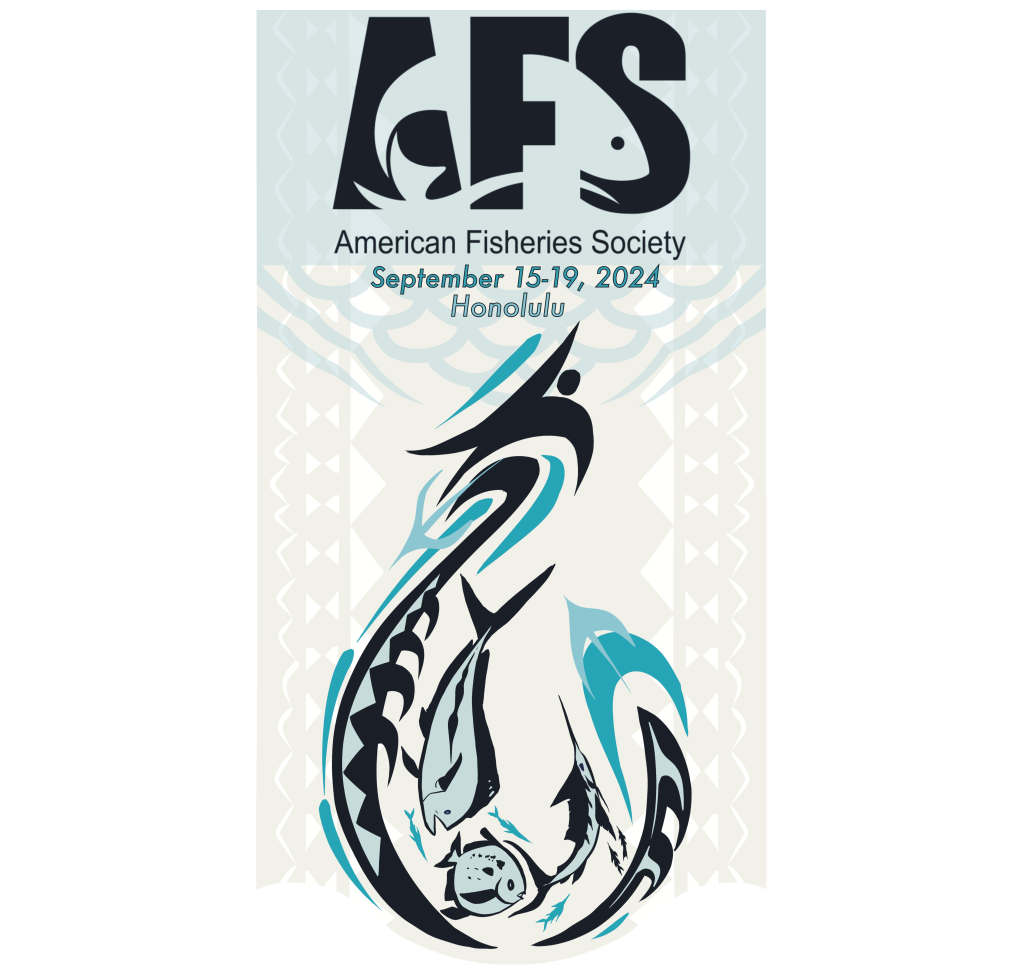Knowledge co-production aims to gather and integrate different types of knowledge to address, or better understand, a problem. This is critical for meeting the management demands of fishery social-ecological systems; it also raises the standard for communication and interpretation of complex information. This session invites fisheries professionals in science, management, and fishing to demonstrate and explore how a plurality of knowledge types can be brought together for sustainable management. The format is based on the Three Minute Thesis (3MT), but with emphasis on broad participation, collegiality, and friendly competition. Presenters will deliver a compelling talk using a single slide on their topic and its significance to a panel of 4 expert judges representing Indigenous knowledge, management, science, and commercial fishing. The top three presenters will join the judges in a panel discussion on the most effective communication strategies identified during the session.
Organizer: Jaclyn Cleary, Fisheries and Oceans Canada, [email protected]
Co-organizers: Jim Lane, Ashleen Benson
Supported by: Nuu-chah-nulth Tribal Council, Uu-a-thluk (Taking Care of) Fisheries; Fisheries and Oceans Canada; Landmark Fisheries Research
